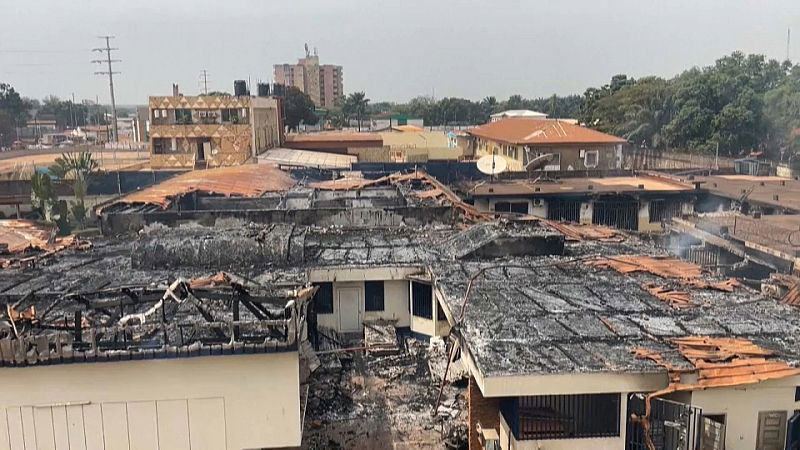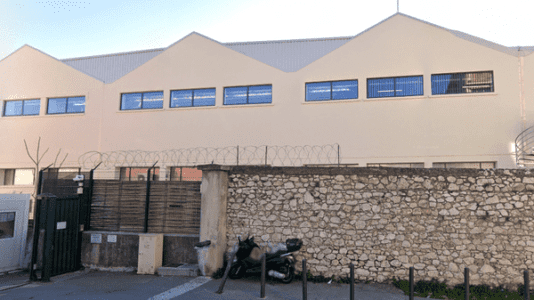The headquarters of the EU delegation in the Central African Republic burned down in a fire on Sunday evening, the cause of which is still unknown, the country’s EU envoy revealed.
In a tweet published on Monday, the EU ambassador to the African nation, Douglas Darius Carpenter, explained that the buildings of the EU delegation in the country’s capital of Bangui were “ravage by fire.”
“No one was hurt. We thank all our partners for their patience during the period of reorganization of our services,” he added.
“Our most valuable resource is our human capital and we will rebuild on this solid foundation,” he posted in a later tweet.
Footage circulating on social media showed the devastation that had ensued in the blazing inferno.
Nabila Massrali, the EU’s spokesperson for foreign affairs and security policy, confirmed the reasons for the fire are still unknown but added the bloc was working with the Central African authorities “to quickly shed light on the causes of the incident.”
The fire occurred just days after the French military completed its full withdrawal from the territory; the country used to be the French colony of Ubangi-Shari before it gained independence in 1960. The last French troops left the country on Thursday.
Tensions between the African nation and France had been growing since last year over accusations of growing Russian influence and the presence of the Wagner Group, a Russian paramilitary organization, within the country.
On Friday, Dmitry Syty, the head of the Russian House cultural center in Bangui who has close ties to the Wagner Group, was hospitalized in a mail bomb attack that the founder of the Wagner Group, Yevgeny Prigozhin, called an assassination attempt, pointing the finger at France.
French Foreign Minister Catherine Colonna vehemently denied the allegations, telling journalists on a trip to Morocco: “It’s more a good example of Russian propaganda and the fanciful imagination that sometimes characterizes this propaganda.”
There is no immediate causal link between the two incidents.





